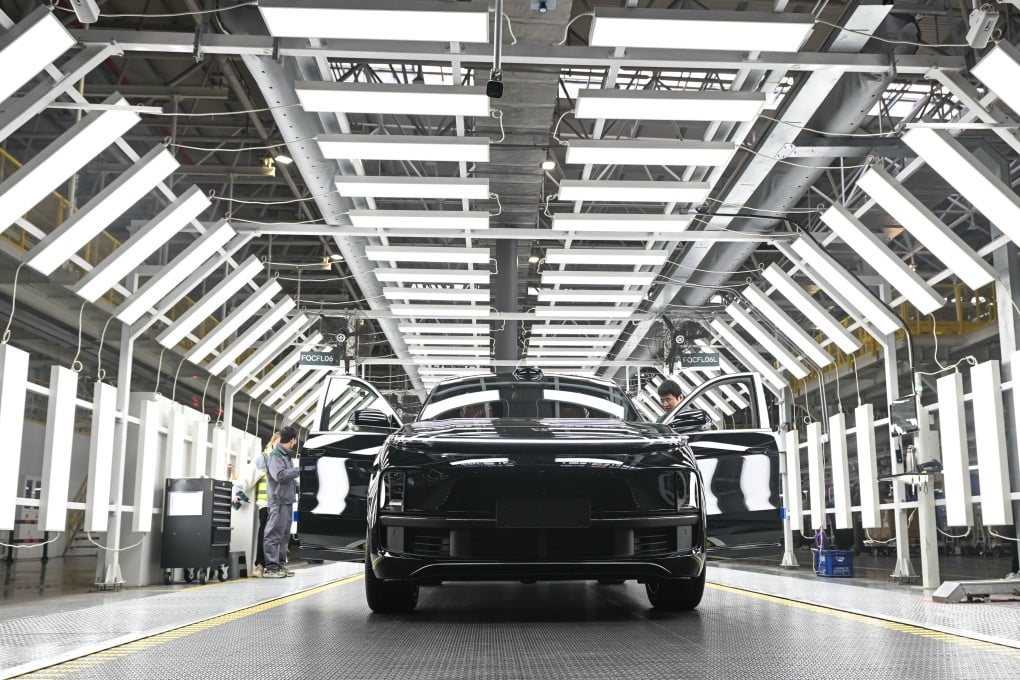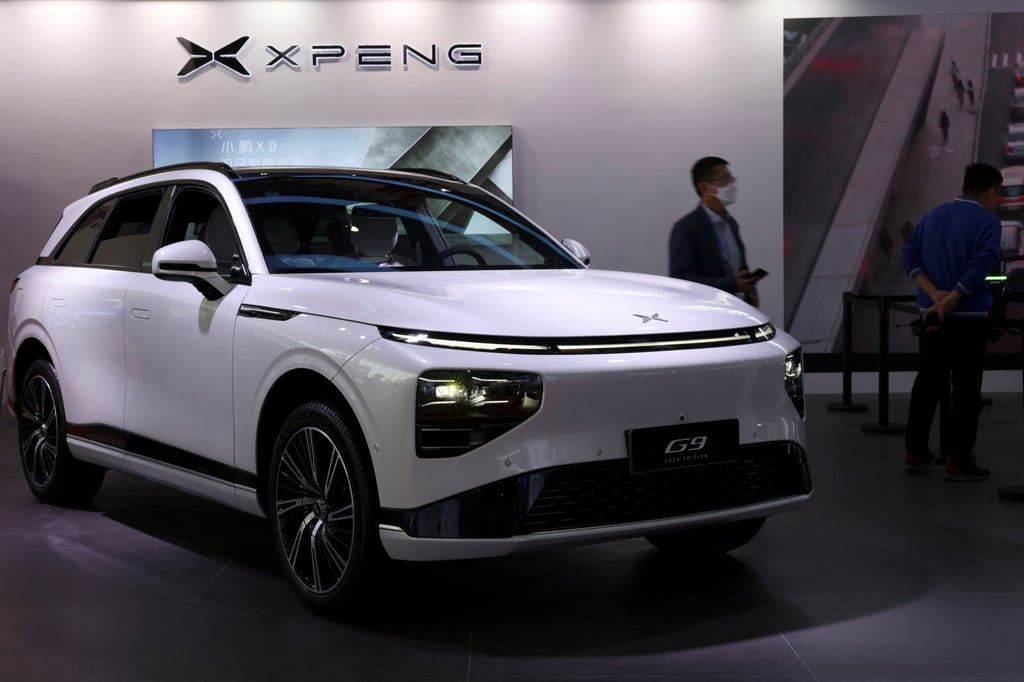Chinese EV makers Li Auto, Xpeng and Nio post sales declines for second straight month, fuelling price-war worries
- The two straight months of declines ‘bodes ill’ for the market as a bruising price war may be imminent, sales executive says
- EV makers are grappling with fiercer competition this year amid a drop in demand and worries about severe overcapacity

“Weak sales [in February] were expected, but a two-straight-month decline bodes ill for the Chinese electric car market where a new round of price cutting is taking shape,” said Tian Maowei, a sales manager at Yiyou Auto Service in Shanghai. “Escalating competition in a slowing market will kick some underachieving players out this year.”
Li Auto, Nio and Xpeng are viewed as China’s best response to Tesla because they offer intelligent vehicles featuring autonomous driving technology, digital cockpits and high-performance batteries.

Tesla, which sells its Shanghai-made Model 3 and Model Y vehicles on the mainland, does not report monthly sales in China. According to the China Passenger Car Association (CPCA), the US carmaker delivered 39,881 units to Chinese customers in January, down 47.4 per cent from a month earlier.
China’s is the world’s largest EV market, with its sales accounting for about 60 per cent of the global total.
